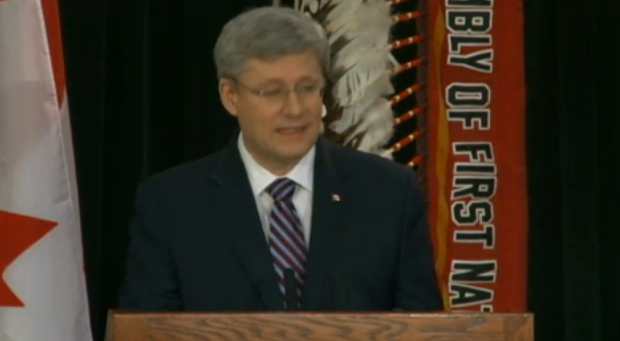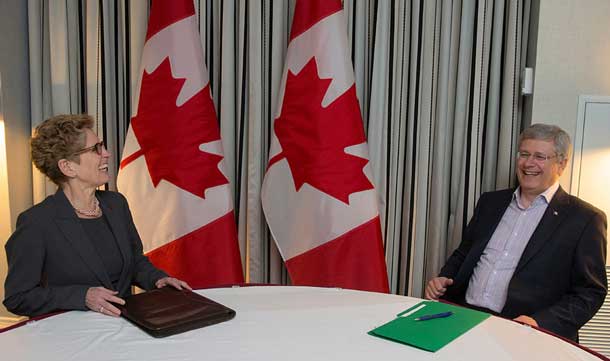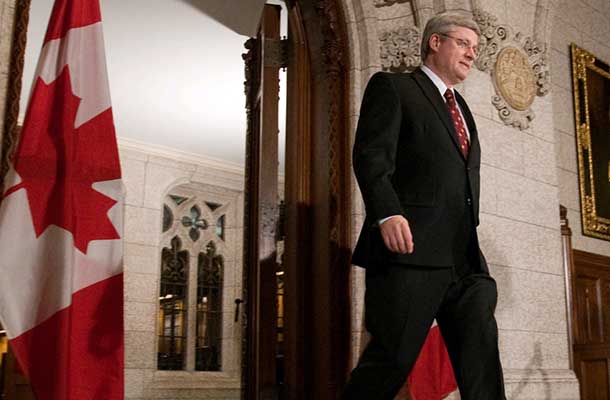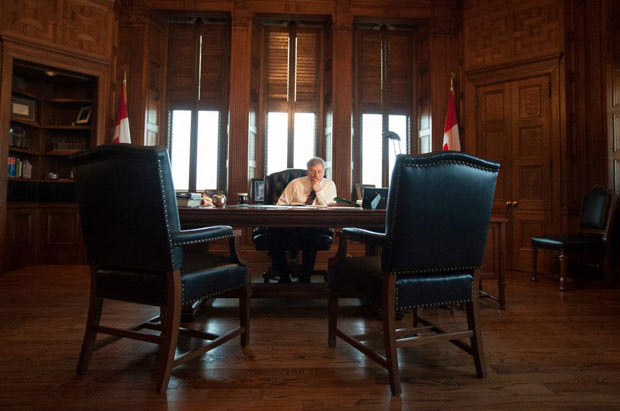 THUNDER BAY – Editorial – The House of Commons will next sit on Monday, January 28th. It is likely a major relief for the government. Over the past weeks the level of debate in the Commons has been uncommonly uncivil. Partisan rancor has over-taken civility in many instances.
THUNDER BAY – Editorial – The House of Commons will next sit on Monday, January 28th. It is likely a major relief for the government. Over the past weeks the level of debate in the Commons has been uncommonly uncivil. Partisan rancor has over-taken civility in many instances.
Speaker Andrew Scheer said, at the end of Question Period on Wednesday, “In recent months, for a variety of reasons, the atmosphere in the chamber has been at times difficult. This is perhaps not surprising since the House is made up of members who are committed and whose strongly held views are freely expressed on a daily basis.
In the current parliament, while there are the occasional times a Conservative backbencher speaks out, most of the time all the government MPs look like they attended the ‘Stephen Harper School of Line Dancing’. Each one dances in unison with the tune being played by the Prime Minister.
Maybe that is why every now and again the PM has come out in the media playing the piano? I digress.
“The House is also an inherently adversarial forum that tends to foster conflict. As a result, sometimes emotions get the better of us and we quickly find ourselves in situations marked by disorderly conduct. Tone and gestures can cause as much of a reaction as the words used in debate. Lately, it appears that at different times the mood of the House has strayed quite far from the flexibility, accommodation and balance that ideally ought to exist in this place,” added Speaker Scheer.
It would be easy to place blame on the politicians for the ever lower level of civility in the House of Commons. However perhaps what the real issue has become is that increasingly politicians are making decisions that impact the lives of growing numbers of people, and are doing so without regard for the impact those decisions will have on the people they represent.
If they will do that, acting without respect for Canadians, how can one expect that parliamentarians would do any different when it comes to respecting each other?
The issue is simple actually. What has been happening in Ottawa – and ironically was something that the Reform Party and then the Canadian Alliance party fought against in the past was the ever increasing concentration of power in the office of the Prime Minister.
[pullquote] Power corrupts. Absolute power corrupts absolutely. [/pullquote]
It has been an issue for decades. From the opposition benches it is far easier to complain about the high-handed actions of a political leader. However across party lines, each new Prime Minister has done little to effect change or to empower members of parliament with greater power.
Under the current government, the level of partisanship has grown, and the concentration of power in the hands of the prime minister appear far stronger. It is likely to be the downfall of this government over time. The task of running Canada is far larger than the grip of any single person.
For individual members of parliament, being relegated to the role of ‘trained seals’ is likely a factor in the expertise and quality of future candidates.
James Murray
Content and News Director







